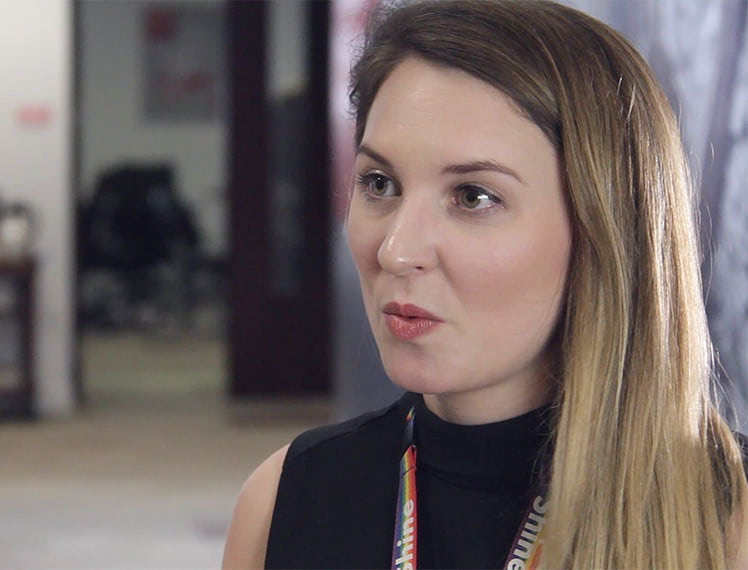Diversity and inclusion has a much bigger presence but needs much more: Top Three D&I Predictions for 2020

When it came to diversity and inclusion (D&I), this year saw the conversation broaden beyond topics such as the gender pay gap.
For example, in 2019, it came to light that more than 150 of the UK’s largest businesses were still failing to meet boardroom diversity targets.
It was also revealed that Black, Asian and minority ethnic employees are 90 per cent less likely than white employees to land a boardroom job at Britain’s top companies and that the average age of a non-executive director in Britain’s top 150 public companies is over 60.
Whilst its positive to see key issues such as these highlighted more prominently by the media, there is still an ocean left of work to do to really move the needle when it comes to D&I in the workplace.
According to Karen Thomson, Diversity and Inclusion lead at Fujitsu UK&I, “fostering a sense of belonging in the workplace will become a key focus for organisations looking to move the D&I agenda forward in 2020 and beyond. The first step in the D&I journey has been reviewing hiring and promoting practices through different diversity lenses and the next step will see a much bigger emphasis on inclusion. Recruiting diverse talent will continue to remain a focus for businesses, however the next stage will really be about looking at this sense of belonging and whether individuals are in an environment that helps them to genuinely succeed. After all, if individuals don’t feel like they truly belong within an organisation, they won’t stay long-term.”
In light of this, Karen Thomson shares her top three predictions for what we should expect from D&I in the coming year:
1. Ensuring digital accessibility
To be truly inclusive means including everyone in what you do. As such, it’s important that organisations and businesses look at ways to ensure their products and messages are inclusive – catering for people’s individual needs. One positive example of this was the regulation the government put in place to ensure all new public sector websites and apps are fully accessible and have an accessibility statement. But this is more than just being compliant.
Digital accessibility can be a mechanism to drive innovation and increase your customer base – 1 in 5 people in the UK have a disability, so why would you want to exclude them from your products or messaging? In the coming year, there will likely be more examples of both public and private organisations focussing more on digital accessibility. Indeed, the shift is a must – where organisations actively start to think about how their services and products can be accessible for everyone, and not see it as an afterthought.
2. Diversity allies
Up until now, many organisations have been treating diversity and inclusion in siloed ways but in the next year, we should see more organisations start to recognise the importance of adopting a more holistic approach to D&I.
One example is through the implementation of diversity allies for all individuals with diversity characteristics, rather than allies dedicated to certain characteristics or Employee Resource Groups. A more holistic approach will be vital in helping to raise the profile of diversity collectively. After all, as no one fits into one box, D&I should not be viewed in this way within the workplace.
3. Aligning D&I with the board’s agenda
Over the last four years, D&I has grown significantly. The majority of organisations now have Employee Resource Groups, dedicated D&I individuals and teams. Yet whilst great strides have been made, organisations will need to start actually put what they’ve been talking about on D&I into practice.
For D&I to really have an impact then it has to be authentic. This means doing more than just a one-off event or programme in order to tick a box. For example, instead of just meeting the gender pay gap requirement for the year, organisations actually need to think about how they can keep the momentum going all year. If organisations are to embed a D&I strategy that is both authentic and sustainable then it can’t be seen as an HR add-on, it needs to be properly aligned with long-term business strategies at board-level.











Responses